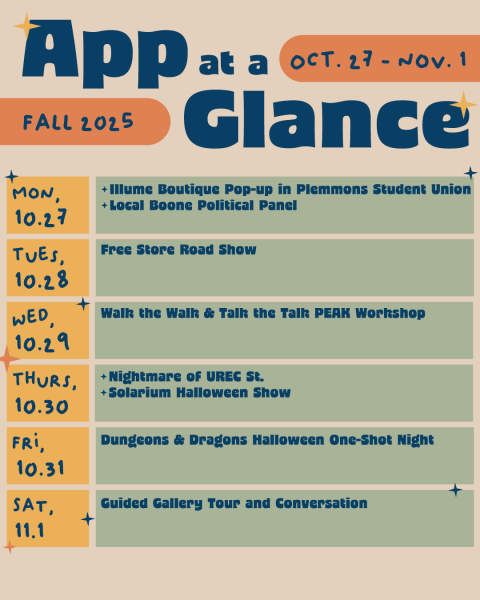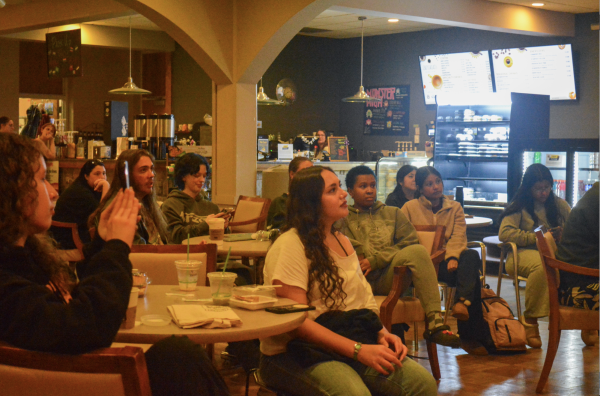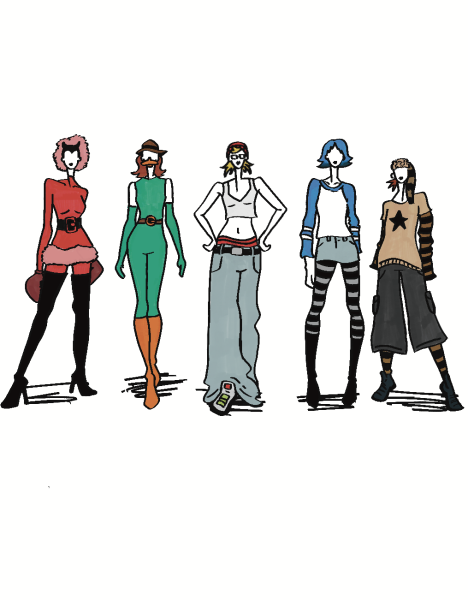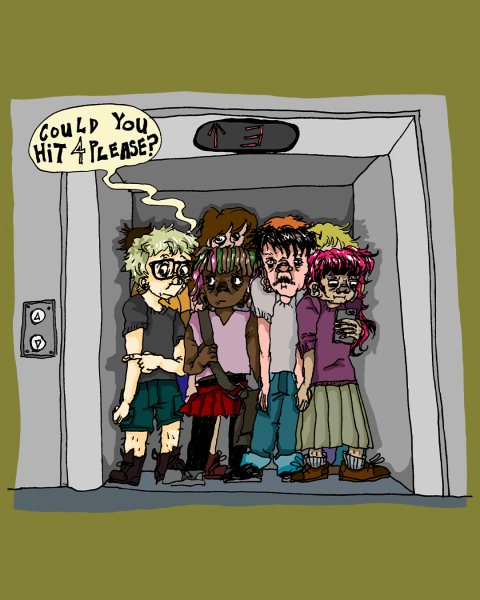OPINION: App State needs critical race theory
October 15, 2021
In App State, there is a history of race theory education. In the 2016-2017 bulletin of classes, “Unlearning Racism: Racial Literacy for Responsible Citizenship” was presented as an option for students to take. Unfortunately, no record is shown of this class being repeated in future years. There should be an option for students to further their knowledge on critical race theory. In 1994, Roy L. Brooks, a professor of law at the University of San Diego, and one of the pioneers of CRT, defined it as “a collection of critical stances against the existing legal order from a race-based point of view.” CRT has been within legal communities for years, but in the past few years has reached a new audience: the educational system. At App State, we could benefit greatly from the incorporation of these ideas into our scholarly systems.
Unfortunately a general understanding of what CRT is and how it can help us is lacking, causing South Carolina, Tennessee and five more states to pass legislation against ideas associated with CRT. So what is CRT, and is it so harmful that eight states felt the need to create laws to ‘defend’ themselves against it?
As Kimberlé Crenshaw, the UCLA law professor who coined the term, noted, CRT is not a noun but a verb. It is an ever-changing practice and adapts as is needed. Critical race theory states that generally our legal, educational and social systems are built on institutionalized racism, created to keep inequalities between white people and people of color, furthermore, keeping people of color in a permanently oppressed state. CRT is nothing but recognizing and accepting the U.S.’s clearly racist and bigoted history, and looking for ways to change today’s systems, so they do not reflect that past. This is just one interpretation of it, however.
The short answer to the question “Is CRT harmful?” is no. Far-right and racist organizations and politicians have demonized the practice of CRT with fearmongering and scare tactics. In Idaho, one of few states to ban CRT outright, legislators stated CRT “makes kids feel bad.” Tennessee has introduced fines from $1 million to $5 million, for “knowingly violating” any of the laws against teaching institutionalized racism, white privilege and aspects of sexism in their classrooms. In an interview, Tennessee Gov. Bill Lee stated students should learn “the exceptionalism of our nation.” Instead of subjects like CRT, which he stated “inherently divide” people.
Clearly, opposers of CRT either do not understand what CRT actually means and how it could help children, or they are actively working to keep racism in our schools and society. When states use phrases like “makes kids feel bad,” they prioritize the feelings of white children over the current struggles of the Black community. When leaders use words like “the exceptionalism of our nation,” they accept our currently extremely racist country and say it would be better to keep the U.S. the way it is instead of truly becoming an equal land and recognizing our racist past and present.
With the blocking of Black history and the promotion of an edited white history, we are led in our childhood to believe that while we used to be a racist country, now that it is the modern era and equality is prevalent, we are all fixed. This is not true. In the college generation now, learning all of this for the first time can be hard for some people to accept, but it is necessary. Implementing CRT or CRT classes at App State would help educate students and faculty on the true history of our country and ways we could help uproot the systemic racism that plagues us today.













David Clayton • Oct 17, 2021 at 11:34 pm
I found a Brandman University syllabus online for a course about CRT titled “Let’s talk about race”. It states “CRT recognizes that racism is engrained in the fabric and system of the American society”. “CRT identifies that these power structures are based on white privilege and white supremacy, which perpetuates the marginalization of people of color.” “They will also engage in
activities to practice “interrupting” those practices and policies that seek to marginalize people of color and therefore, fail to support the marginalized student population.” “Interrupt, Confront, Address, and Eliminate Racial Oppression and Inequity.”
Is this what we want to put forward at ASU??
Source: https://www.umassglobal.edu/-/media/documents/extendededucationdocuments/lets-talk-about-racesyllabus.pdf
Chagrar • Oct 15, 2021 at 9:09 pm
I would like for the writer of this article to provide examples of “CRT” curriculum (Worksheets, Projects, etc) and showcase them. There is a fine line between ‘Confronting and accepting our evil past” and viewing each and every aspect of society through a racial lens.
>CRT is nothing but recognizing and accepting the U.S.’s clearly racist and bigoted history, and looking for ways to change today’s systems, so they do not reflect that past. This is just one interpretation of it, however.
I do not for a second believe that this is what the author of this article actually means and thinks of when they talk about CRT. Everyone is and should be taught about the evil deeds of slavery, but I’d love to hear what the author actually thinks of this rather hilarious and facetious definition.